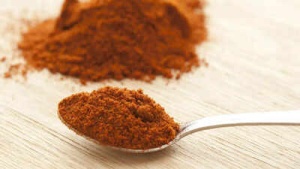
10:35 02/09/2025

22:35 01/09/2025
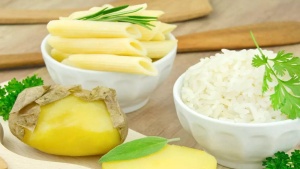
06:35 30/08/2025

00:35 30/08/2025

22:35 28/08/2025

22:35 27/08/2025

16:35 27/08/2025

22:36 26/08/2025
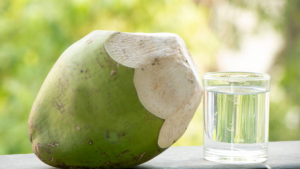
20:35 26/08/2025

00:36 26/08/2025
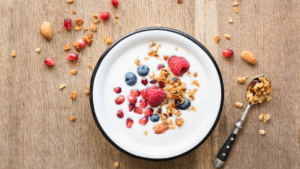
18:35 25/08/2025

22:36 24/08/2025
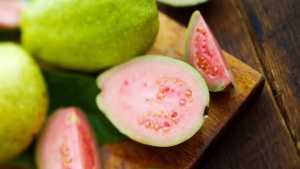
06:35 24/08/2025
 SA20 Teams Given Six Retention Options Ahead of Season 4 Auction
SA20 Teams Given Six Retention Options Ahead of Season 4 Auction
 Gavaskar Calls for Kuldeep Yadav's Inclusion in Second Test Amid Bumrah Fitness Concerns
Gavaskar Calls for Kuldeep Yadav's Inclusion in Second Test Amid Bumrah Fitness Concerns
 Former Selector Blasts India's Fielding Errors After Test Defeat to England
Former Selector Blasts India's Fielding Errors After Test Defeat to England
 Rishabh Pant is 'Reinventing' Cricket, Says Greg Chappell, Following Heroic Test Display
Rishabh Pant is 'Reinventing' Cricket, Says Greg Chappell, Following Heroic Test Display
 5 Daily Practices That Radiate Confidence
5 Daily Practices That Radiate Confidence
 Test Your Focus: Spot the Hidden Word in This Optical Illusion Challenge
Test Your Focus: Spot the Hidden Word in This Optical Illusion Challenge
 Messi, 38, Recreates "Ankara Messi" Magic with Stunning Solo Goal for Inter Miami
Messi, 38, Recreates "Ankara Messi" Magic with Stunning Solo Goal for Inter Miami
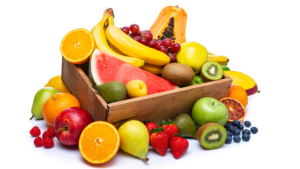 Expert Dismisses Claim That Eating Fruit on Empty Stomach Raises Diabetes Risk
Expert Dismisses Claim That Eating Fruit on Empty Stomach Raises Diabetes Risk
 Nine-Year-Old Indian Chess Prodigy Holds Magnus Carlsen to Draw in Online Tournament
Nine-Year-Old Indian Chess Prodigy Holds Magnus Carlsen to Draw in Online Tournament
 Mirabai Chanu Reveals Relentless Demands of Weightlifting: Training, Weight Control Consume Mind Even During Family Time
Mirabai Chanu Reveals Relentless Demands of Weightlifting: Training, Weight Control Consume Mind Even During Family Time